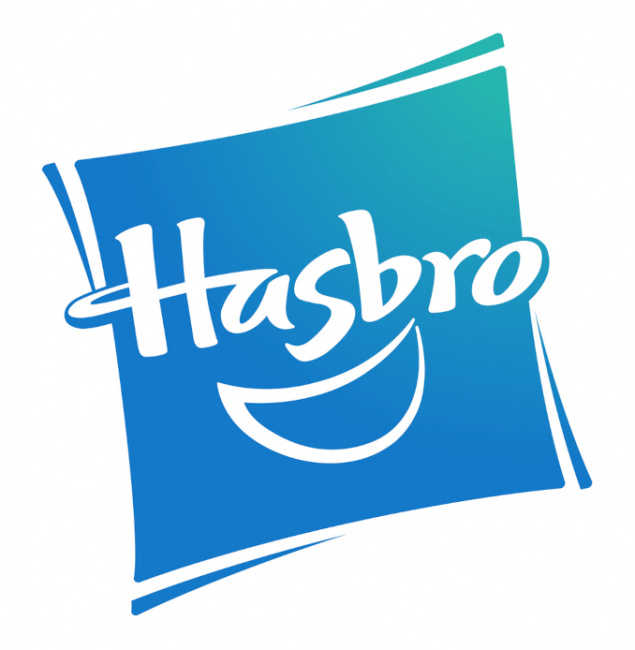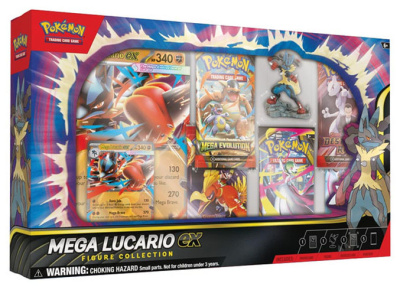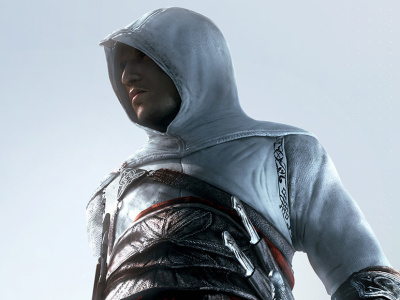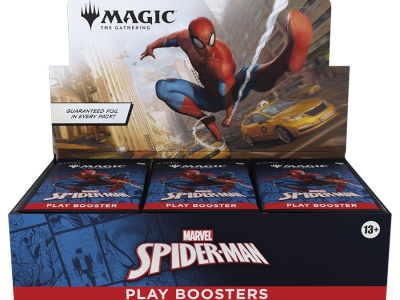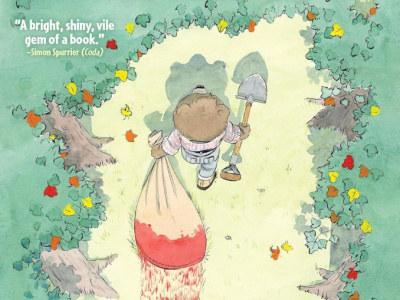Rolling for Initiative is a weekly column by Scott Thorne, PhD, owner of Castle Perilous Games & Books in Carbondale, Illinois and instructor in marketing at Southeast Missouri State University. This week, Thorne comments on the interview with Hasbro CEO Chris Cocks last week.
I caught the NPR Here and Now interview with Hasbro CEO Chris Cocks earlier this week (see "Hasbro CEO Talks Layoffs, Pivot to Games, OGL and Magic Overproduction"). One thing that struck me right off the bat was the discussion of last Christmas’ layoff of about 1,100 Hasbro employees, including some at Wizards of the Coast, while members of the Hasbro C-suite took home a combined $21 million in bonuses.
Since the price of Hasbro’s stock has dropped by almost 50% since 2021, and the stock price is seen as the universal measure as to how well investors think a company is doing or will do in the future, I am not quite sure what Hasbro’s board of directors saw that justified that size of bonus. Granted it is a pittance compared to bonuses received by employees at financial institutions, but still, $21 million is huge for the game and toy industry.
The bonuses appear to be part of the time-honored tradition of boards of directors awarding bonuses to executives who just manage to hold down the office and not bring unwanted negative publicity to the company. Just imagine if the company had, instead of awarding that bonus money, taken it and used to, oh, maybe, keep on many of those staffers it let go at the holidays. Of course, letting people go reduces costs and investors always like to see cost reductions so that could cause a jump in the stock price (Disclosure: I own stock in Hasbro).
I was mildly bemused to see that even Bank of America was concerned about the amount of Magic: The Gathering product Wizards of the Coast has been putting out, briefly downgrading its rating on the stock before raising it back up. When a company in our industry is pumping out so much product that even Bank of America vouchsafes some concern about the quantity produced, one might construe it as a warning that you ought to cut back on product production to avoid glutting the market.
Our store has already stopping bringing in any Secret Lair sets offered to retailers as our customers have shown no interest in them. Magic collectors may like them but since, after the Negan debacle (see "Wizards of the Unveils Secret Lair X The Walking Dead"), WotC has made it a point to only put alternate art cards in Secret Lair sets, avoiding any new mechanics which would drive players to want to purchase them.
Despite all its years in business and the number of intellectual properties the company owns, Magic is, surprisingly, Hasbro’s first billion-dollar brand. Unfortunately, it is also a brand that differs significantly from all of Hasbro’s other brands. Although Hasbro does make games and had a few collectible products in the toy line, it never had a product that derived so much of its popularity from competitive play and collectability.
I am happy to see the Dungeons & Dragons and Magic: The Gathering player bases have diversified so much in the past 25 years, with 35% of Magic players and 45% of D&D players non-male, although the company’s desire to invest more in digital and video games and movies is somewhat worrisome, as is the fact the company chooses to license out much of its Avalon Hill catalog to Renegade Game Studios, rather than producing them in-house.
Comments: send them to Castleperilousgames@gmail.com.
The opinions expressed in this column are solely those of the writer, and do not necessarily reflect the views of the editorial staff of ICv2.com.

Column by Scott Thorne
Posted by Scott Thorne on April 8, 2024 @ 12:13 am CT
MORE GAMES
New Boxed Set
August 22, 2025
The Pokemon Company International will release Pokemon TCG: Mega Lucario ex Figure Collection, a new boxed set, into retail.
Offers Retail Tier
August 22, 2025
Mantic Games' Assassin's Creed: Animus has hit Kickstarter and has a retail rewards tier.
MORE COLUMNS
Column by Jeffrey Dohm-Sanchez
August 21, 2025
ICv2 Managing Editor Jeffrey Dohm-Sanchez continues to take a look at some of the issues revolving around Universes Beyond products.
Column by Rob Salkowitz
August 19, 2025
For Horror Week, columnist Rob Salkowitz asks whether the horror boom can help get us through a moment full of woe and dread.




